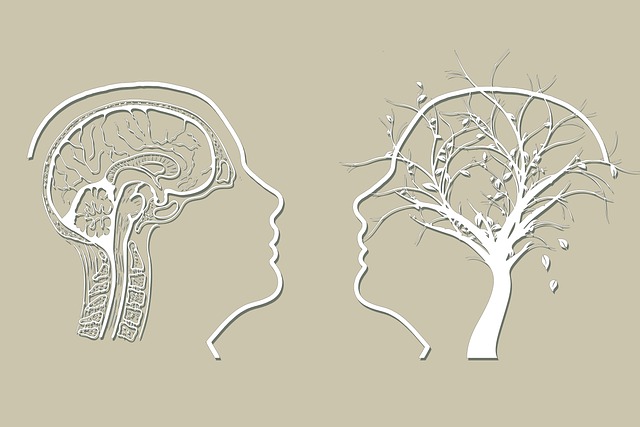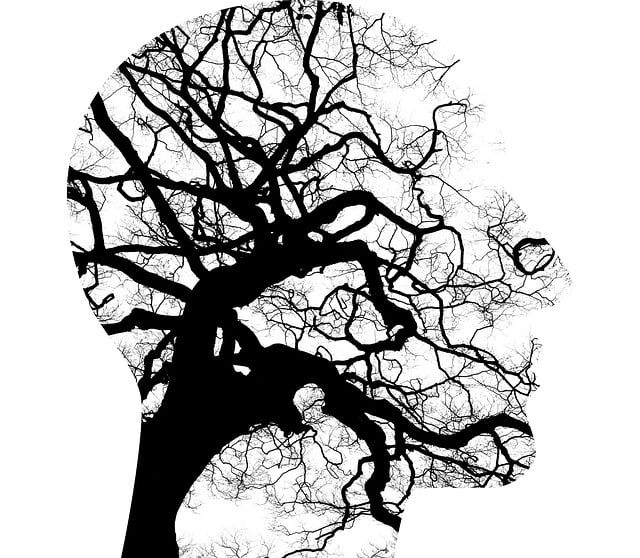Denver Chronic Illness Therapy employs meticulous data collection methods, including structured questionnaires, clinical interviews, and observations, to gather comprehensive mental health data. The initial step involves cleaning raw data by addressing missing values, identifying outliers, and categorizing insights for easier interpretation. Advanced statistical models and machine learning algorithms are used to uncover trends and patterns, enabling personalized treatment plans and tailored Mental Health Education Programs. Through these innovative techniques, therapists predict outcomes, identify high-risk populations, and personalize resources like podcasts to meet individual needs, enhancing treatment effectiveness and overall mental well-being. This data-driven approach sets a new standard in compassionate, evidence-based mental health care at Denver Chronic Illness Therapy.
Mental health data analysis is a powerful tool in understanding and improving individual and community well-being. This article explores the process of interpreting mental health data, from collection and preparation to advanced analysis techniques. We delve into practical applications using strategies employed by Denver Chronic Illness Therapy, highlighting how data can inform effective treatment and policy decisions. By bridging data analysis with clinical practice, we aim to enhance mental healthcare outcomes.
- Understanding Mental Health Data: Collection and Preparation
- Advanced Analysis Techniques for Insightful Interpretations
- Applying Findings: Strategies from Denver Chronic Illness Therapy
Understanding Mental Health Data: Collection and Preparation

Understanding Mental Health Data involves a critical look at how information is collected and prepared. In Denver Chronic Illness Therapy settings, this process begins with systematic data collection methods that capture various aspects of mental health, including symptoms, behaviors, and patient interactions. These data are often gathered through structured questionnaires, clinical interviews, and observations, ensuring consistency and accuracy. The initial step in analysis is cleaning and organizing the collected data, which involves handling missing values, identifying outliers, and categorizing information for easier interpretation.
Proper preparation of mental health data includes transforming raw data into meaningful insights, aligning with communication strategies that promote effective mood management and stress management. By employing appropriate statistical techniques and visualization tools, healthcare professionals can uncover trends, patterns, and correlations within the dataset. This enables a more nuanced understanding of patient experiences, facilitating personalized treatment plans and improved outcomes in Denver Chronic Illness Therapy.
Advanced Analysis Techniques for Insightful Interpretations

In the realm of mental health data analysis and interpretation, advanced techniques are transforming how professionals gain insights from patient information. By employing sophisticated statistical models and machine learning algorithms, healthcare providers in Denver Chronic Illness Therapy can uncover complex patterns and trends within patient datasets. This deep dive into data allows for a more nuanced understanding of various emotional healing processes, enabling the design of tailored Mental Health Education Programs. Through these innovative methods, therapists and researchers can identify high-risk populations, predict treatment outcomes, and even personalize mental wellness podcast series production to meet individual needs.
By leveraging advanced analysis techniques, mental health professionals can make more accurate assessments and inform evidence-based practices. This not only enhances the effectiveness of treatments but also contributes to the overall well-being of individuals seeking support for their mental health journeys. With the right tools and insights, Denver Chronic Illness Therapy can lead the way in revolutionizing mental wellness care, ensuring that each patient receives the most compassionate and effective treatment possible.
Applying Findings: Strategies from Denver Chronic Illness Therapy

At Denver Chronic Illness Therapy, our extensive experience in mental health data analysis informs tailored strategies to apply findings effectively. We recognize that understanding complex data translates into practical actions for improved well-being. Our therapists work collaboratively with clients to integrate insights from analysis into meaningful and sustainable self-care routines. This approach not only supports better mental health but also equips individuals with crisis intervention guidance, fostering resilience in navigating life’s challenges.
Through our therapeutic practices, we guide clients towards self-esteem improvement, a key aspect of overall well-being. By translating data into actionable steps, we empower folks to take charge of their mental health journey. This strategy ensures that the insights gained from analysis are not just academic but actively contribute to positive changes in daily life, creating a lasting impact.
Mental health data analysis is a powerful tool for understanding complex psychological conditions, and as demonstrated by strategies employed at Denver Chronic Illness Therapy, it can drive effective treatment planning. By combining robust data collection and advanced analytical methods, professionals can gain valuable insights into patient populations, tailor interventions, and ultimately improve outcomes. This article has explored the intricacies of mental health data interpretation, highlighting how these techniques can be applied in real-world settings to enhance care delivery.













